The Top 10 Telecom Mergers And Acquisitions Of 2020 (So Far)
2020 hasn't been the year of outrageous price tags, but there's still plenty of M&A action happening in the telecom space. Here's a roundup of 10 of the biggest telecom mergers and acquisitions that we've seen so far this year.

Joining Forces
It seems like the merger between two of the country's largest wireless providers, Sprint and T-Mobile, has dominated the telecom news cycle for the past several years. That's because after seven years and three failed attempts at coming together, the two carriers are finally one.
But giants merging with other giants aren't the only moves being made in the telecom industry. Established players like Comcast scooped up Unified-Communications-as-a-Service player Blueface to bolster its business solutions portfolio, and Microsoft got serious about telecom with its purchases of Metaswitch Networks and Affirmed Networks. Meanwhile, smaller service providers are also coming together to expand their footprints and better compete with the large, incumbent telecom players.
While 2020 hasn't been the year of crazy price tags thus far, there's still plenty of M&A action in the telecom space, despite an economic downturn due to the COVID-19 pandemic. Here's a roundup of 10 of the biggest telecom mergers and acquisitions that we've seen so far this year.
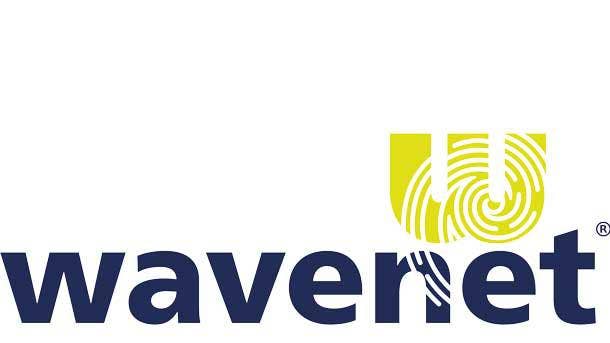
10. Wavenet To Grow With Portal Voice And Data Buy
U.K.-based unified communications and business telephony provider Wavenet in February said it had acquired Portal Voice and Data, a supplier of telecommunications offerings including telephony, data, VoIP and cloud, for an undisclosed sum.
The acquisition further develops Wavenet’s position in the U.K. market with Portal’s 20 years of telecom and maintenance expertise, according to the two companies.
Wavenet said it serves thousands of enterprises and businesses across the U.K.
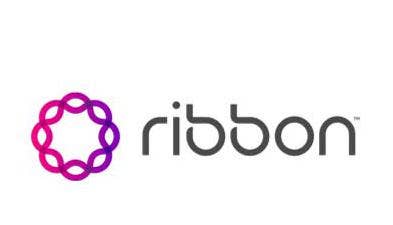
9. Ribbon Communications Buys ECI Telecom Group For 5G Boost
Ribbon Communications, a provider of packet and optical networking offerings and secure cloud communications, completed its acquisition of ECI Telecom Group in March.
ECI Telecom Group offers end-to-end packet-optical transport and software-defined networking/network functions virtualization offerings for service providers, enterprises and data center operators. The deal has created a communications software and networking company with a comprehensive portfolio of advanced voice, security, data and optical and next-generation networking offerings, according to Westford, Mass.-based Ribbon Communications.
Financial terms of the deal were not disclosed.
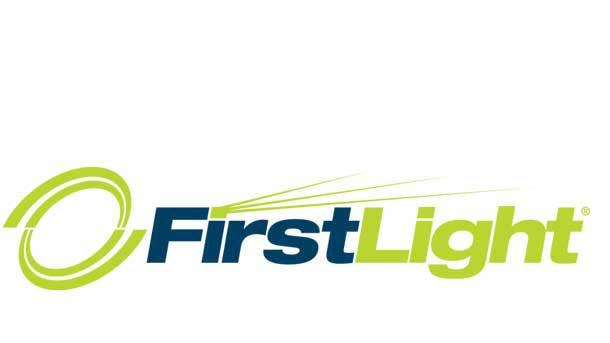
8. FirstLight Goes On Buying Spree
Fiber-optic bandwidth infrastructure services provider FirstLight kicked off the year by saying in February that it had signed a definitive agreement to acquire competitor PrimeLink, a consolidation that would enhance FirstLight’s position in Upstate New York by expanding its footprint in Plattsburgh, Glens Falls, Queensbury, Albany and the Lake Champlain Corridor, as well as additional fiber capacity into Montreal.
The Albany, N.Y.-based provider later in June revealed another deal, this time for TruePath Technologies, a Victor, N.Y.-based company that offers a secure, dedicated and fully managed cloud monitoring offering. This deal, according to FirstLight, will add to its managed services portfolio.
FirstLight did not disclose financial terms of either deal.
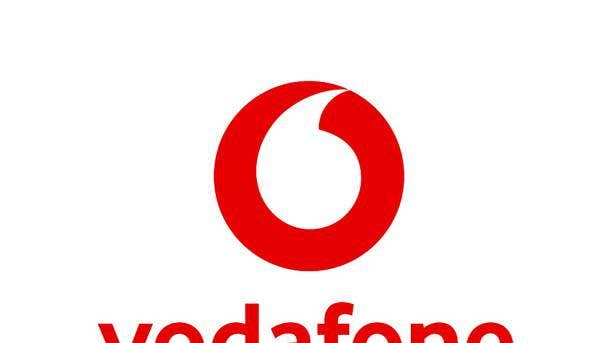
7. Vodafone, TPG Merger Gains Approval
Meanwhile, in consolidation news out of Australia, two of the continent's largest carriers, Vodafone Hutchinson Australia (VHA) and TPG, said they will go ahead with their merger after being given the green light by the Australian Competition and Consumer Commission (ACCC).
The deal will increase Vodafone’s network capacity and empower its 5G plans, as well as give the provider extra breathing room for further investments, according to Vodafone.
The two companies expect the merger to be completed by mid-2020 and is subject to the remaining regulatory and shareholder approvals, and any appeal by the ACCC.
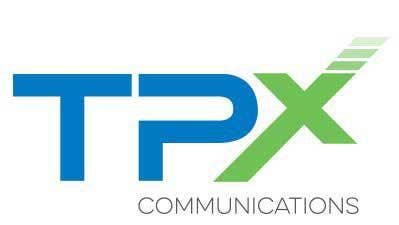
6. TPx Communications Acquired By Siris Capital
Service provider TPx Communications in February announced the completion of its acquisition by affiliates of Siris Capital Group, a private equity firm focused on investing and driving value creation in technology and telecommunications companies.
Los Angeles-based TPx said that the acquisition would give the company enhanced support and the resources it needed to grow in Unified Communications as a Service and Contact Center as a Service, as well as managed IT and security services.
TPx Communications, formerly known as TelePacific Communications, in 2019 struck a $343 million deal involving a special-purpose acquisition company, Pensare Acquisition. TPx Communications at the time was slated to go public as TPx Corp. and was to be listed as "TPXC" on the Nasdaq, but the deal was terminated.
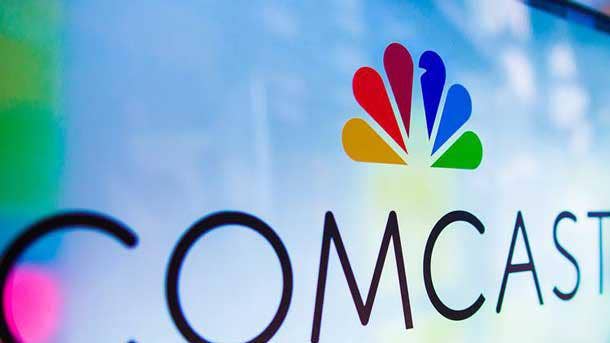
5. Comcast Buys UCaaS Specialist Blueface
In January, U.S. cable giant Comcast said it had completed its acquisition of Blueface, a Dublin, Ireland-based Unified-Communications-as-a-Service provider, for an undisclosed amount. Comcast has added Blueface's proprietary and customizable cloud UC platform to its Comcast Business portfolio.
Blueface in 2018 merged with U.S.-based UC competitor Star2Star Communications in a $500 million deal to better address the large enterprise market. The two companies formed StarBlue, under which Blueface continued to operate its brand of offerings independently. Blueface's deal with Comcast, however, unraveled its merger with Sarasota, Fla.-based Star2Star.
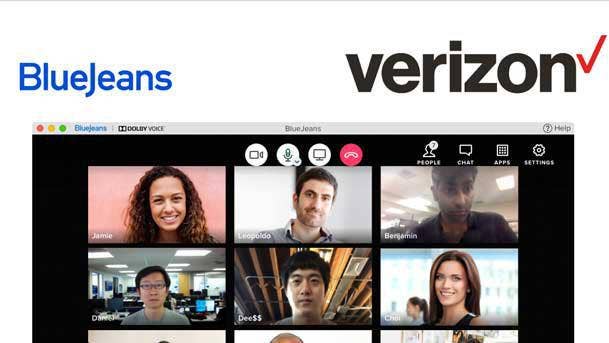
4. Verizon Boosts Video Chops With BlueJeans Network Buy
Carrier giant Verizon bought cloud-based videoconferencing specialist BlueJeans Network in May in a deal that will give Verizon a stronger video meeting offering for enterprise customers and enable it to better compete against Zoom Video Communications and Microsoft Teams.
According to Verizon, BlueJeans' cloud video and events products will complement Verizon's mobile-first business offerings and will be integrated into Verizon’s current and future 5G product road map.
While financial terms of the deal to acquire privately held BlueJeans were not disclosed, a report from The Wall Street Journal said the Basking Ridge, N.J.-based provider was paying less than $500 million for BlueJeans.
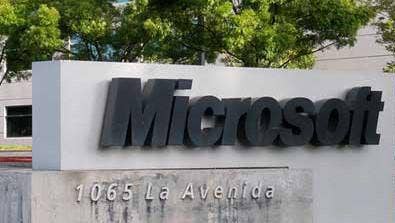
3. Microsoft Scoops Up Affirmed Networks
Microsoft in March agreed to acquire Acton, Mass.-based 5G specialist Affirmed Networks for an undisclosed sum.
Founded in 2010, Affirmed Networks is known for cloud-native, network functions virtualization offerings. Microsoft said the deal would provide it with wireless network virtualization software that enables telecom operators deploying 5G networks. Over the past several years, service providers have increasingly moved their network workloads to public cloud and abandoned plans to stock their own data centers with expensive custom hardware. Microsoft said the deal would make its Azure public cloud offering more appealing to large telecom operators.
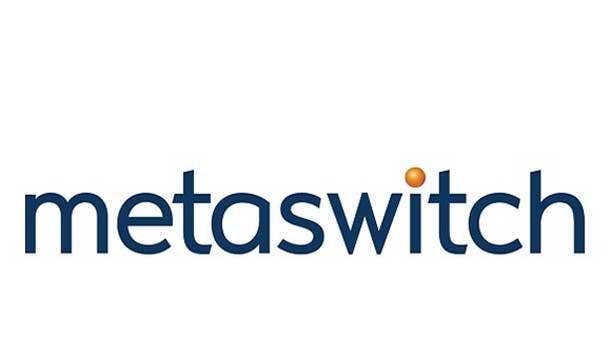
2. Microsoft Gets Serious About Telecom With Metaswitch Networks Buy
Microsoft in May said it would acquire Metaswitch Networks, a leading provider of virtualized network software and voice, data and communications offerings for operators based in the U.K.
Microsoft said that Metaswitch’s complementary portfolio of ultra-high-performance, cloud-native communications software will help expand the Redmond, Wash.-based company's offerings available for the telecommunications industry. The two companies did not disclose financial terms of the deal.
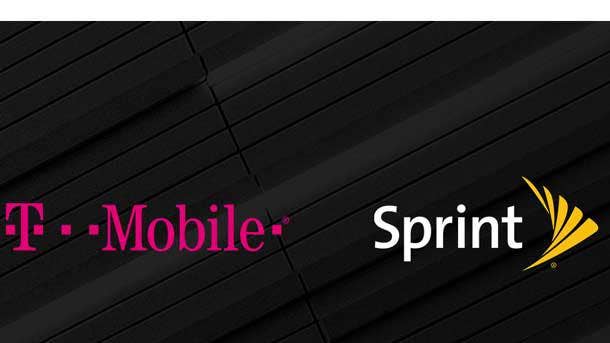
1. Sprint, T-Mobile Finally Come Together
The third- and fourth-largest wireless giants in the U.S. first proposed their fourth merger attempt in April 2018 and after two years of planning and negotiations, the $26.5 billion deal was sealed on April 1, 2020.
The two companies are now in the process of forming "the New T-Mobile" under Mike Sievert, T-Mobile's former COO, who became CEO of the combined company in April.
Via the terms of the deal's approval by the U.S. Department of Justice, the combined company had to divest Sprint’s prepaid businesses and Sprint’s 800MHz spectrum assets to satellite TV provider Dish Network. The New T-Mobile now must provide Dish wireless customers access to its network for seven years and offer standard transition services arrangements to Dish during a transition period of up to three years.